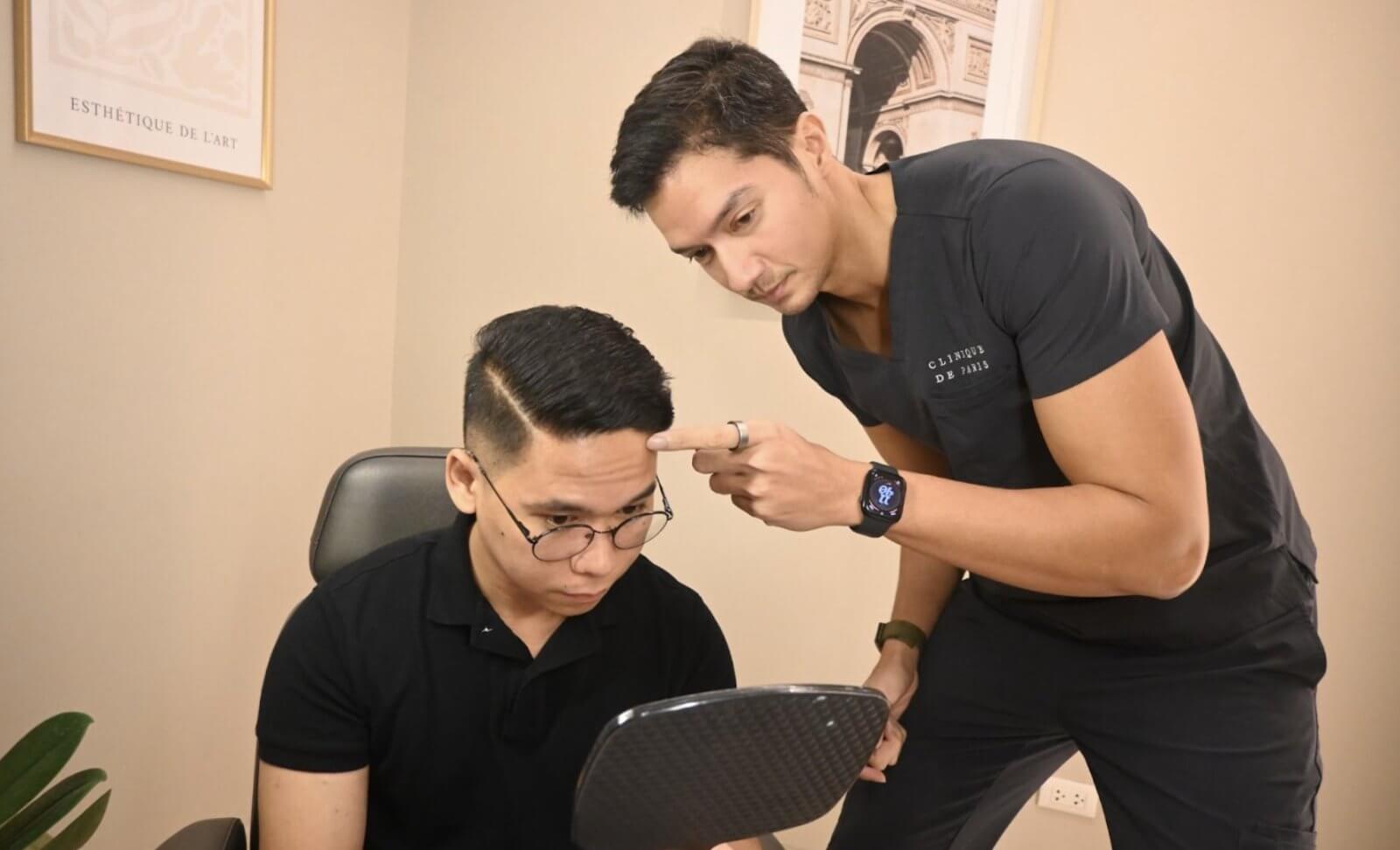by Johanna Patricia A. Cañal, MD, MHA, MSc
Ever wonder why you have so many doctors? Wasn’t there a time when we had one family doctor and he addressed all needs from childbirth to signing the death certificate. This was during a more idyllic time in Philippine history when life was less complicated. That was also the time when Medicine had fewer options.
The wonderful thing about medicine nowadays is that there is so much technology and so many options available. The problem with medicine nowadays is that there is so much technology and so many options available. What can I say? Technology is truly a double-edged sword.
Medicine has evolved into such a gargantuan body of knowledge and experience that it is already unwieldy. No one person could possibly know all of that, thus the need for specialties and subspecialties. It used to be that the only specialties were Internal Medicine, Surgery, Obstetrics and Gynecology, Pathology, Pediatrics and Radiology. Up to now, those are the only general specialties required to open a basic hospital in the Philippines.
Then came Anesthesiology, which greatly aided in the development of Surgery. Surgery is now so developed that there are numerous subspecialties: general surgery, surgical oncology, plastic surgery, pediatric surgery, thoracic and cardiovascular surgery, neurosurgery and urology. There are other surgical specialties that have gotten so specialized that they’ve been “spun off”. These include Otorhinolaryngology (Ear, Nose and Throat), Ophthalmology (Eye) and Orthopedics.
Internal Medicine and Pediatrics have themselves progressed so much that there is Neurology (brain), pulmonology (lungs), cardiology, gastroenterology, nephrology, rheumatology, endocrinology, immunology and allergology. Dermatology has spin off on its own and covers a whole other set of medical problems.
Obstetrics and Gynecology not only deals with pregnancy and childbirth but all of women’s reproductive diseases including infertility, cancer, infections and developmental issues.
The point: the human body is a fascinating, complex thing. It’s too much for one mind to handle.
So, don’t be too concerned if you keep getting referred to another specialist. That only means you need specialist care. It’s certainly better than being seen by someone who pretends to know everything.
Hello!
This short article is part of a series of articles that is designed to make health care more understandable to non-doctors.
As a way of disclosure, I am a radiologist and a radiation oncologist. My strengths, therefore, are diagnosing illness, particularly cancer, and cancer treatment. Thus, I will be talking about medical tests and what these are about.
I shall also be talking about the dreaded disease, cancer. In the 2nd decade of the 21st century, cancer is the #4 cause of death worldwide. NUMBER 4! It used to be #10. It has obviously been going up. The number 1 and 2 killers are cardiovascular diseases…translated into heart attacks and strokes. Number 3 is pneumonias and lung diseases.
The previous century was known as the century of infectious diseases. The most common causes of disease and death were bacterial and viral pneumonia and tuberculosis. The present century is the century of the lifestyle disease. That is, infections don’t play as big a part as lifestyle diseases. What are those? Heart disease, strokes, cancers and injuries/accidents.
But then again, the 21st century has just started, and we already have a pandemic. One never knows what will happen in the next 10, 20 or 30 years. Thus, this series will discuss a range of topics, hopefully the topics most relevant to you.
If there is a topic that you want clarified, please do drop me an e-mail at [email protected]. Please just fill in the subject line with: [SULIT] Your question

Johanna Patricia A. Cañal, MD, MHA, MSc
























